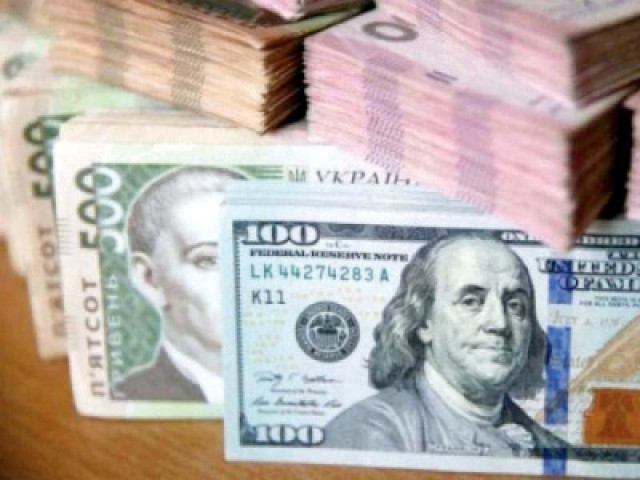Investor confidence wanes in Pakistan’s economy
FDI dives to four-year low at $1.45 billion in FY23

Pakistan’s economy is set to post moderate growth in the current fiscal year following an unimpressive performance in the previous year.
Though there are projections of economic expansion, it remains unclear whether the scared foreign investors will return for long-term engagement with Pakistan.
In the last fiscal year ended June 2023, the foreign investors were denied permission for dispatching profits and dividends to their headquarters abroad owing to massive depletion of Pakistan’s foreign exchange reserves.
The State Bank of Pakistan (SBP)’s latest data for fiscal year 2022-23 suggested that investors did not have high expectations from their businesses working in a struggling economy. They made minimum investment to just keep running the businesses and avoid a halt to activities.
With a four-month low foreign direct investment (FDI) of $114 million in June, the FDI for full fiscal year 2023 in different sectors of the economy fell to a four-year low at $1.45 billion.
FDI slowed down by a staggering 25% in FY23 when compared with foreign investment of $1.93 billion in FY22.
Talking to The Express Tribune, Chase Securities Director Research Yousuf M Farooq emphasised that the government should have given top priority to foreign investors by clearing the way for profit repatriation to headquarters abroad. “This would have given them confidence and encouraged the investors to pour more capital into the country,” he said.
Multinational companies (MNCs) can dispatch only 20% of profits and dividends estimated at $1.5 billion in a year, according to foreign investors’ trade bodies and business advocacy platforms.
Besides, persistent political instability and economic mismanagement, particularly the sharp rupee devaluation, forced foreign investors to stay away, Farooq pointed out.
The rupee-dollar exchange rate volatility is the biggest factor discouraging foreign investors from investing heavily, though Pakistan offers promising returns and has a workforce with large young population.
FDI data suggested that foreign investors poured limited investment with the aim of running existing businesses and they initiated no new project.
Rather some of the MNCs including the 75-year-old oil marketing company Shell Pakistan decided to quit partially due to massive rupee devaluation, soaring inflation and a host of other economic challenges.
Farooq questioned why foreign investors would inject new capital when they witnessed what had happened in the cases of K-Electric (KE) and Pakistan Telecommunication Company Limited (PTCL).
Current KE investors have been waiting for years to get the go-ahead to sell their shareholding to new Chinese investors.
He stressed that the new government after elections later this year would have to create an investment-friendly environment to stimulate foreign investment, which could help build foreign currency reserves and prop up the rupee.
According to the central bank data, the FDI flew into four major traditional sectors including power, financial business, oil and gas exploration and transport.
China, the world’s second-largest economy, remained the biggest foreign investor. However, the US, the second largest investor a year ago, slipped to the fourth spot in FY23. It may be attributed to Pakistan’s changing foreign policy from being US-centric to a diversified one.
Published in The Express Tribune, July 20th, 2023.
Like Business on Facebook, follow @TribuneBiz on Twitter to stay informed and join in the conversation.



















COMMENTS
Comments are moderated and generally will be posted if they are on-topic and not abusive.
For more information, please see our Comments FAQ